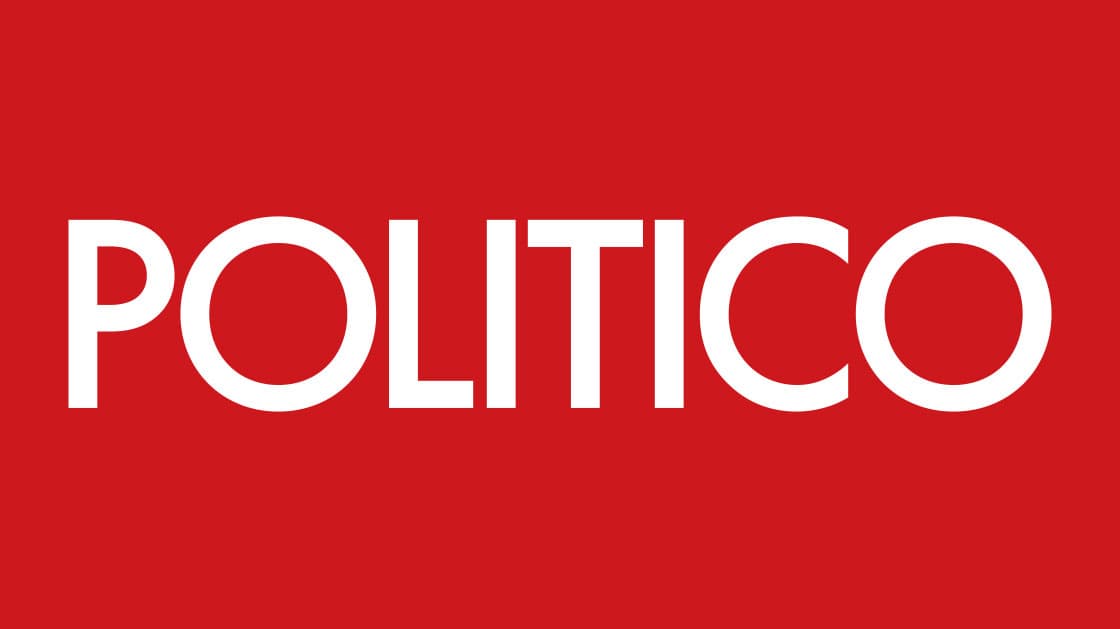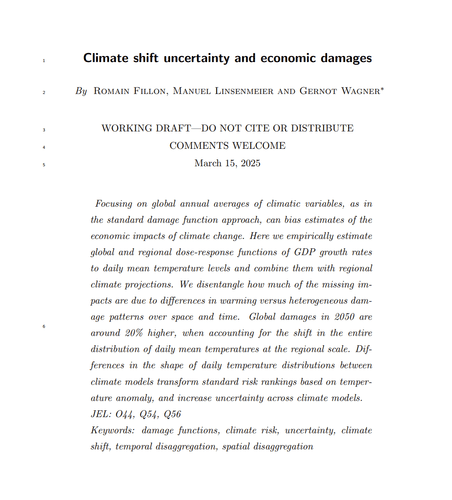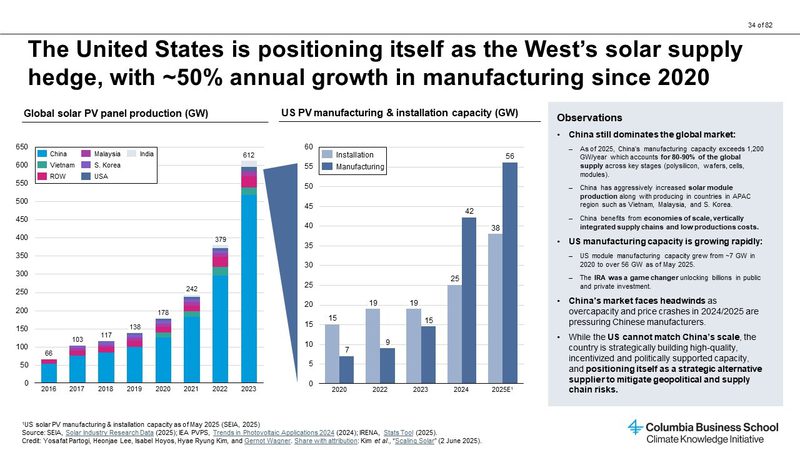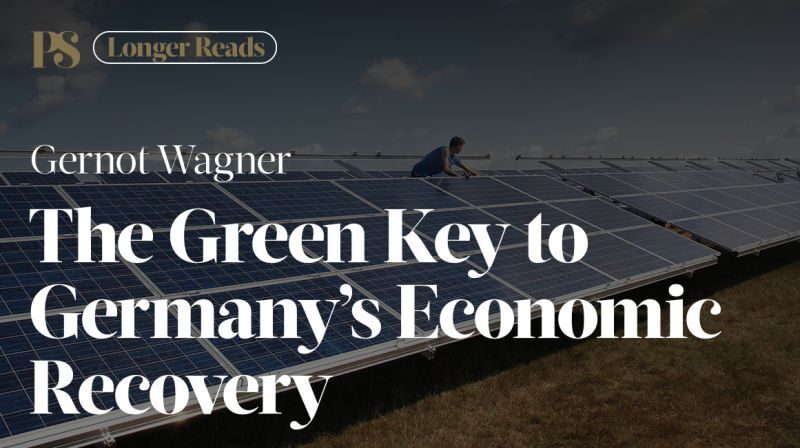Politico: "The New Greenflationism"
By Debra Kahn

OK, sure, the Inflation Reduction Act's tax hikes and drug-price curbs actually would help reduce inflation (by a tiny bit or a lot, depending on which analysis you favor). But the spending part can also lower inflation? Really?
That's what Columbia Business School climate economist Gernot Wagner is arguing. He acknowledges the bill's $369 billion in incentives and tax breaks for renewable energy and electric vehicles will drive up demand for those things, but he says they will ultimately help free us from dependence on fluctuating fossil fuel prices.
It's "anti-inflationary in the sense that it cuts our dependence on fossil fuels, and hence in the medium run will cut energy prices, will cut inflation," Wagner said.
Wagner is taking his cue from Europe. European Central Bank board member Isabel Schnabel warned in January that transitioning to renewables could cause inflation. Then, after Russia's invasion of Ukraine, she said that was OK, because fossil fuels are causing inflation right now, and climate change is also going to increase costs, so some short-term "greenflation" is acceptable.
The idea is like a jump pool shot — cause some inflation now in order to cut it longer-term.
Resources for the Future backs Wagner’s view with an analysis that finds the bill’s tax credits for wind and solar will boost generation enough to insulate people from natural gas price swings over the next decade.
Quoted in: "Deflating expectations" by Debra Kahn, Politico (9 August 2022).


